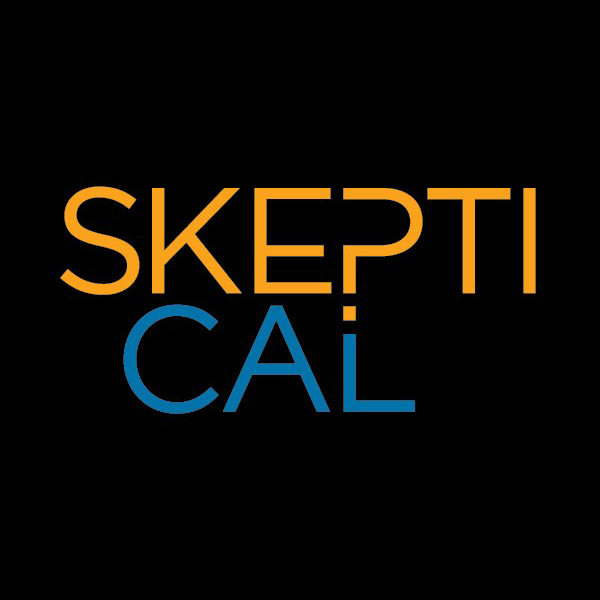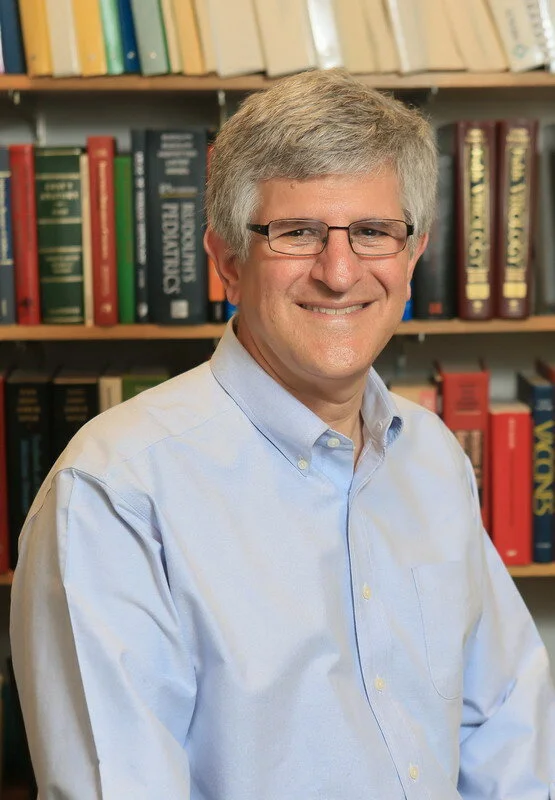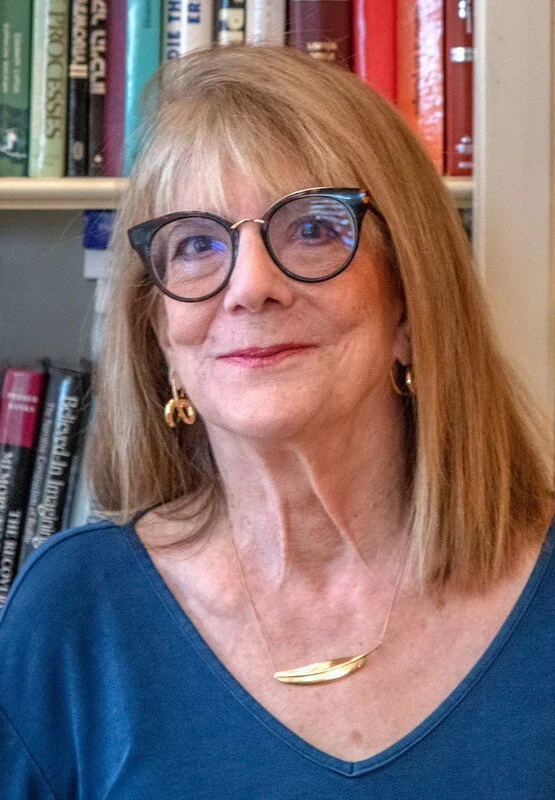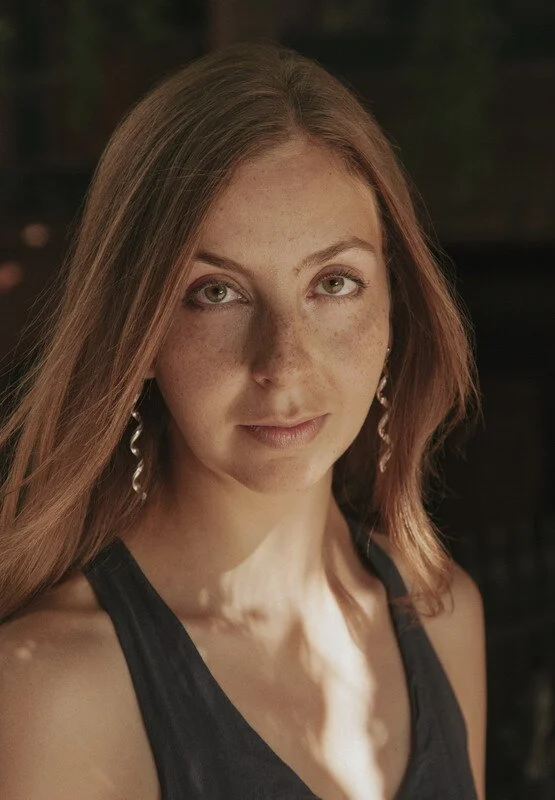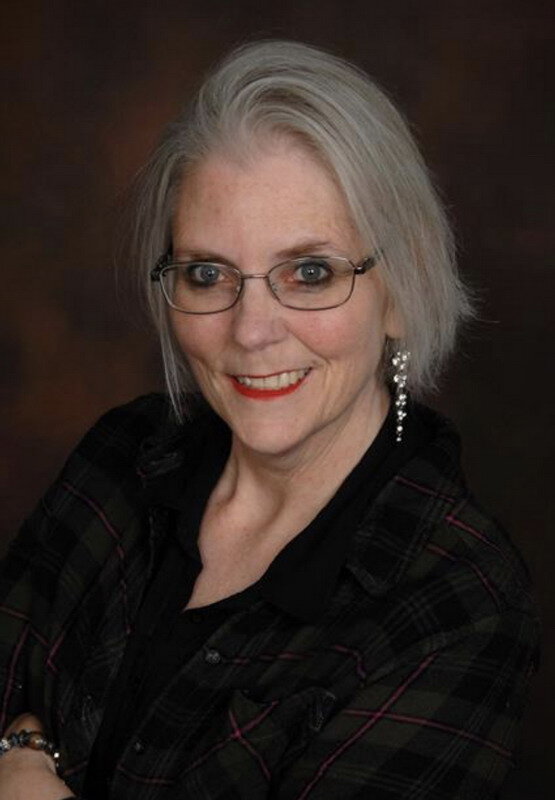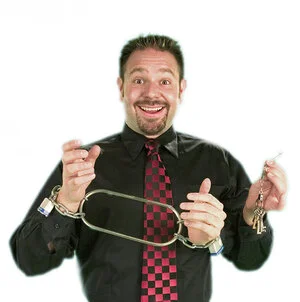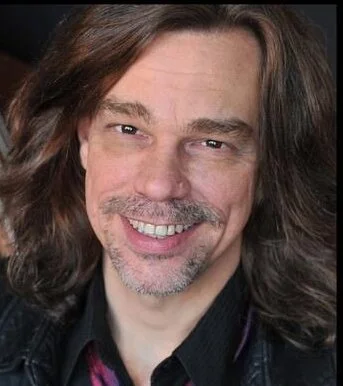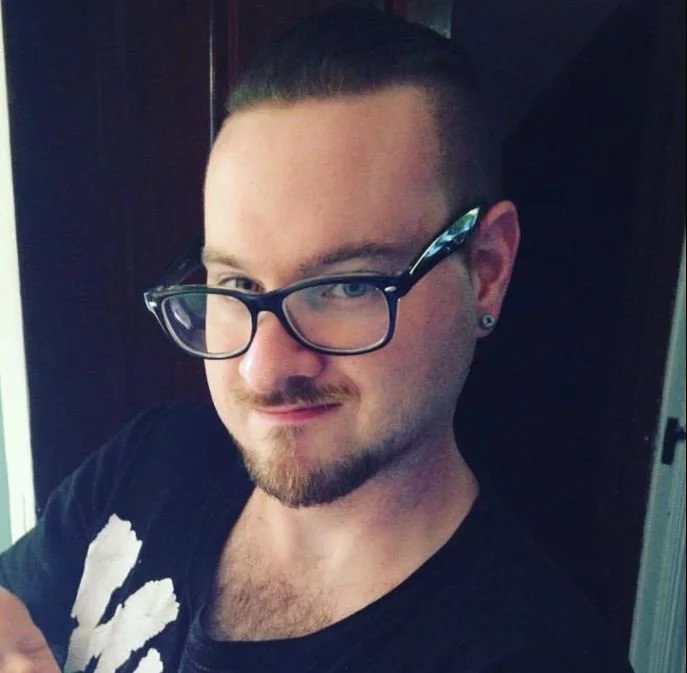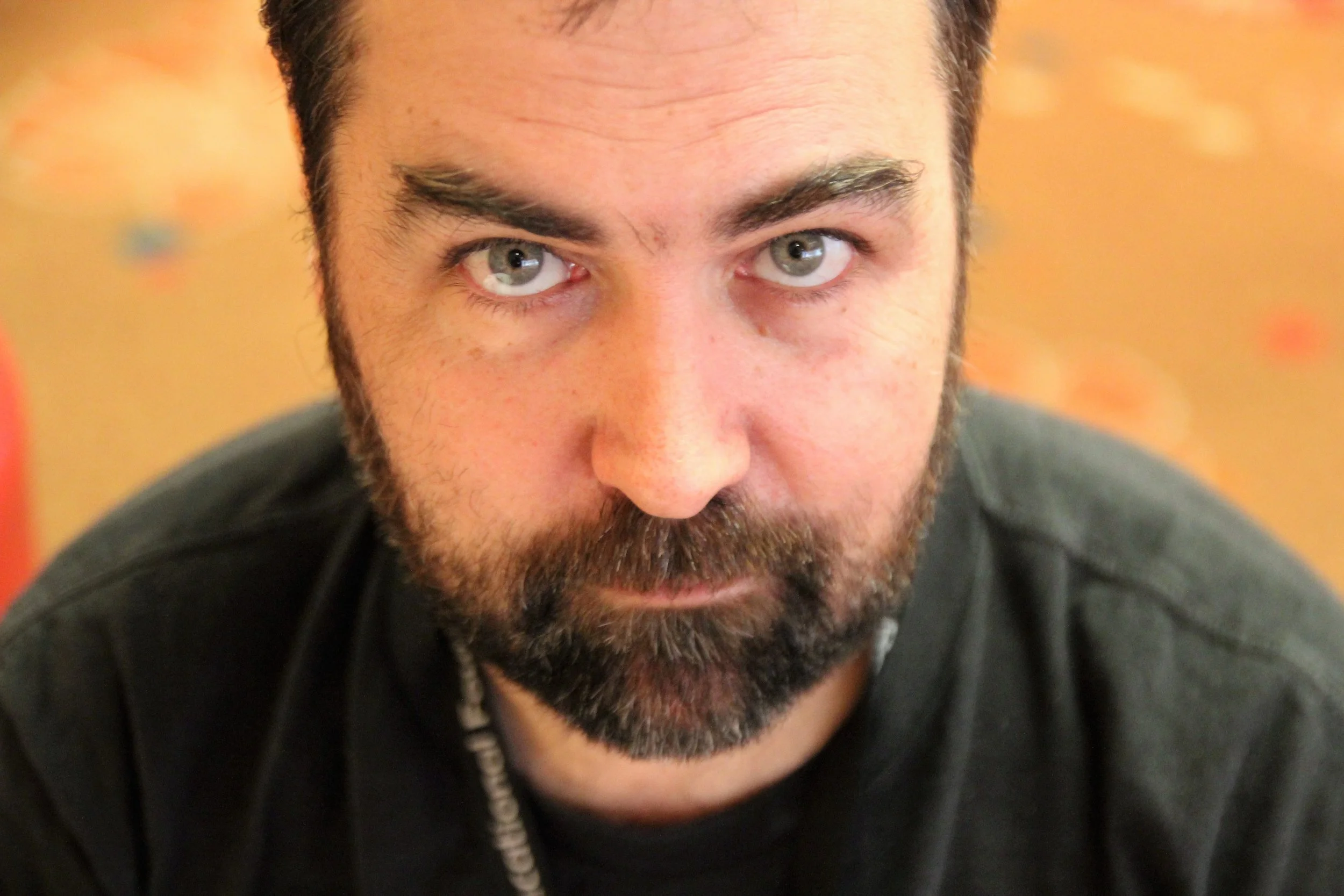SkeptiCal 2021 Speakers
Paul Offit
Distinguished scientist, author, and internationally-recognized vaccine expert
Communicating Science to the Public:
Sorting Out the Myths and Misinformation Surrounding COVID-19 Vaccines
We will separate out the real from unfounded concerns about COVID-19 vaccines.
Paul A. Offit, MD is the Director of the Vaccine Education Center at the Children’s Hospital of Philadelphia as well as the Maurice R. Hilleman Professor of Vaccinology and a Professor of Pediatrics at the Perelman School of Medicine at the University of Pennsylvania. Dr. Offit has published more than 160 papers in medical and scientific journals in the areas of rotavirus-specific immune responses and vaccine safety. He is also the co-inventor of the rotavirus vaccine, RotaTeq. A member of the Institute of Medicine of the National Academies of Science, he is the author of several award-winning books, including Bad Advice: Or Why Celebrities, Politicians, and Activists Aren’t Your Best Source of Health Information and Do You Believe in Magic?: The Sense and Nonsense of Alternative Medicine, and Deadly Choices: How the Anti-Vaccine Movement Threatens Us All.
Elizabeth Loftus
Psychology professor, expert witness, author
The Fiction of Memory
For several decades, I have been manufacturing memories in unsuspecting minds. Sometimes these techniques change details of events that someone actually experienced. Other times, the techniques create entire memories of events that never happened: they create “rich false memories.” Collectively, this work shows people can be led to believe they did things that would have been rather implausible. They can be led to falsely believe they had experiences that would have been emotional or traumatic had they actually happened. False memories, like true ones, also have consequences for people—affecting their later thoughts, intentions, and behaviors. Can we tell true memories from false ones? In several studies, I created false memories in the minds of people, compared them to true memories, and discovered that once planted, those false memories look very much like true memories: they have similar behavioral characteristics, emotionality, and neural signatures. Considered as a whole, these findings raise important questions: If false memories can be so readily planted in the mind, do we need to think about “regulating” this mind technology? And what do these pseudomemories say about the nature of memory itself?
Elizabeth Loftus Loftus is Distinguished Professor at the University of California - Irvine. She holds faculty positions in the Department of Psychological Science; the Department of Criminology, Law & Society, and the School of Law. After receiving her Ph.D. in Psychology from Stanford University, she has published 22 books and over 600 scientific articles. Loftus's research has focused on the malleability of human memory. She has been recognized for her research with seven honorary doctorates and election to numerous prestigious societies, including the National Academy of Sciences. She is past president of the Association for Psychological Science, the Western Psychological Association, and the American Psychology-Law Society. Loftus’s memory research has led to her being called as an expert witness or consultant in hundreds of cases. Some of the more well known cases include the McMartin PreSchool Molestation case, the Hillside Strangler, the Abscam cases, the trial of the officers accused in the Rodney King beating, the Menendez brothers, the Bosnian War trials in the Hague, the Oklahoma Bombing case, and litigation involving Michael Jackson, Martha Stewart, Scooter Libby, Oliver North, Bill Cosby, and the Duke University Lacrosse players.
Britt Marie Hermes
Former naturopath, scientist, science communicator, skeptic
Fake doctor. Real harm. Confessions of a former naturopathic doctor
Naturopathy looks like a special field of primary care medicine that is patient-centered, safe, and effective. In reality, naturopathy is distinctly not medicine. It is an antiquated health movement founded on the principle that “natural” is better than the science-driven practices of modern medicine. Naturopaths sell their brand of medicine using this “natural is best” gimmick through deception, hyperbole, and pseudo-profundity. They are taught by the profession to provide treatments that are dangerous, unproven, and even illegal. The profession functions as a system of indoctrination based on discredited ideas about science and medicine. The result is the rise of a health movement lacking a basis in reality. How do I know? I fell for it. For three years, I was a licensed naturopath in the United States. As a former member of this community (and a Californian), I am compelled to speak out against the quackery that is naturopathy. My talk shares stories about my time as a naturopathic student and doctor, the reason I turned my back on the profession and became a whistleblower, and how the Californian naturopathic regulatory board has failed to keep the public safe.
Britt Marie Hermes is a writer, scientist, and a former naturopathic doctor. She practiced as a licensed naturopath in the United States for three years and then left the profession after realizing naturopathy is a pseudoscientific ideology. Since this time, Britt has been working to understand and communicate how she was tricked by alternative medicine, so others do not repeat her mistake. She now writes to expose issues with naturopathy, the current rising profession in alternative medicine. Her work focuses on the deceptions naturopathic practitioners employ to scam patients and contrive legitimacy in political arenas. Britt’s writings can be found at Forbes, Science 2.0, KevinMD, and Science-Based Medicine. She hopes her stories will protect patients from the false beliefs and bogus treatments sold by alternative medicine practitioners. Hermes is currently living in Germany where she is completing her doctorate in evolutionary genomics.
Maria Konnikova
Author, podcaster, poker champion
A Conversation with Maria Konnikova
Join us in a wide-ranging conversation with author. Poker champion, and expert on con artists, Dr. Maria Konnikova.
Maria Konnikova is the author, most recently, of The Biggest Bluff, a New York Times bestseller and one of the 100 Notable Books of 2020. Her previous books are the bestsellers The Confidence Game, winner of the 2016 Robert P. Balles Prize in Critical Thinking, and Mastermind: How to Think Like Sherlock Holmes, an Anthony and Agatha Award finalist. Maria is a regularly contributing writer for The New Yorker whose writing has won numerous awards, including the 2019 Excellence in Science Journalism Award from the Society of Personality and Social Psychology. While researching The Biggest Bluff, Maria became an international poker champion and the winner of over $300,000 in tournament earnings—and inadvertently turned into a professional poker player. Maria’s writing has been featured in Best American Science and Nature Writing and has been translated into over twenty languages. Maria also hosts the Panoply Media podcast The Grift, a show that explores con artists and the lives they ruin, and is currently a visiting fellow at NYU’s School of Journalism. Her podcasting work earned her a National Magazine Award nomination in 2019. She graduated from Harvard University and received her PhD in psychology from Columbia University.
Rachael “Dr. Rachie” Dunlop
Biomedical researcher, science communicator, Australian skeptic
Big Bad Pharma, the FDA, and the reasons why a new Alzheimer’s drug should never have been approved.
Abstract: The recent approval by the Food and Drug Administration (FDA) of the first treatment for Alzheimer’s disease in over 20 years has generated significant controversy. The approval went ahead despite ten of the eleven members of an independent advisory committee voting not to approve the drug. Subsequently, three of the committee members have resigned, with one member, Dr. Aaron Kesselheim, a professor at Harvard Medical School calling the FDA move "probably the worst drug approval decision in recent US history". Whilst the advisory committee claim there is insufficient evidence that the $56,000 per patient per year will help patients, the FDA defended its decision saying the benefits of the treatment outweigh the risks. Yet key to the advisory committee advising against approval of the drug is that the data generated from two large clinical trials was contradictory in nature with only one clinical trial showing any benefit and only for a non-clinical endpoint. Failure of dozens of previous clinical trials using the same class of drugs designed to remove sticky protein (beta-amyloid) plaques from the brain adds to the evidence this approach is the wrong one. So why did the FDA approve an expensive drug that probably doesn’t prevent or slow cognitive decline? And why did they work so closely with the pharmaceutical company to re-examine the data after the trials were deemed failures? I look at the evidence and provide an explanation as to why so many therapies for neurodegenerative diseases have failed.
Dr. Rachie is PhD is a senior research fellow at Brain Chemistry Labs in Jackson, Wyoming. She completed her undergraduate and Honours degrees at Adelaide University and her PhD at Sydney University Medical School, Australia. Rachael’s current work focuses on L-serine as a therapy in neurodegenerative diseases, with particular focus on understanding the mechanisms of L-serine neuroprotection. Her team’s discovery of L-serine as a neuroprotective agent fast-tracked the treatment from the bench to the bedside where two FDA-approved clinical trials for Alzheimer’s and ALS are currently being conducted. She is also pursuing a blood-biomarker for the diagnosis of ALS. As an ex-graphic designer and copywriter, Rachael enjoys combining her love of science, art and social media as a means of communicating science to the public. She is also a keen photographer and spends her spare time in adjacent Grand Teton and Yellowstone National Parks.
Ross Blocher
“Oh No, Ross and Carrie!” Podcaster & Skeptical Activist
Déjà Voodoo: Or How to Start Your Own Cult
Drawing from his experience as an investigator of religious groups and spiritual practitioners, Ross Blocher shares some of the common tactics and experiences that are used to justify belief in the paranormal. In the process, he’ll highlight some of the fascinating history and connections between various beliefs, from the common to the obscure.
Ross Blocher was raised in the coastal hippy town of Santa Cruz and fed a steady diet of evangelical Christianity and books about ghosts, aliens and chupacabras. He later discovered the wonders of science, but continues to love things that go bump in the night or “Hallelujah!” in the daytime. He is co-host of the investigatory podcast Oh No, Ross and Carrie and a member of the CFIIG, which investigates claims of the paranormal from a scientific standpoint.
Thomas Westbrook
“Holy Koolaid” YouTuber & Skeptical Activist
Fighting Pseudoscience at Scale:
How to Take on the Juggernauts of Woo
Pseudoscience spreads like a wildfire while scientists frantically chase after it with facts and data, desperately attempting to put out one harmful misinformation-fire after another. But how can anyone possibly keep up when the truth is far less sensational, and when effective science communication proves so challenging? How can you get good science out there in a way that will go viral and be understood by the general public without over-simplifying a scientific idea? Learn some of the methods Thomas Westbrook uses to counter pseudoscience and reach millions of people every year.
Thomas Westbrook is the founder of Holy Koolaid LLC, a media production company that counters pseudoscience with laser-focused animated videos promoting scientific skepticism and critical thinking. His videos explore everything from alternative medicine and faith healing to psychics, flat earthers, and young-earth creationists. He's an international public speaker and a founding board member of the Faithless Forum - a conference created to build and grow an impactful atheist and skeptic YouTube community that collaborates to promote science over dogma.
SkeptiCal 2021 Entertainment
Science and Skepticism fun!
Susan Gerbic
Skeptical Trivia!
Join the “Wikipediatrician” and skeptic trivia expert Susan Gerbic on Friday night at Skeptics in the Pub for a fun-filled evening of skeptical trivia! Test your knowledge of the obscure, strange, outlandish, and always entertaining world of pseudoscience and fake science!
Affectionately called the Wikipediatrician, Susan Gerbic, a self-proclaimed “skeptical junkie”, is the founder of Guerrilla Skepticism on Wikipedia (GSoW) and the Monterey County Skeptics. A Skeptical Inquirer contributor, Susan is a fellow of CSI and winner of the James Randi Foundation award for 2017. In 2018, Susan founded (and continues to manage) About Time, a non-profit organization focusing on scientific skepticism and activism. While her particular focus has been on “Grief Vampires” (psychics), her activism encompasses all areas of skepticism. You can find out more at AboutTimeProject.org.
Bill Patterson
SKEPARDY!
We so enjoy having Bill Patterson host SKEPARDY! at SkeptiCal that we invited him back to the stage for yet more skeptically-themed Jeopardy. Bill has been quizzing clever people for years, and for this event we'll have some special guests as contestants. and questions from your favorite skeptics, as well.
Bill Patterson was a high school physics teacher for ten years, a Peace Corps volunteer, and a youth agency executive. He currently is a radiation therapist living in Sonoma County, California. He loves all things rational, and is a board member of Bay Area Skeptics, and a regular attendee at SkeptiCal.
Other special guests TBA!
Robert Strong
The Comedy Magician
Magicians and skeptics have had a long relationship, and SkeptiCal has often recognized this symbiotic relationship by including a magician as part of our entertainment. This year we again will be featuring Robert Strong, The Comedy Magician!
It all started when young Robert Strong visited Baltimore. A magician in the Amphitheater mesmerized him. At that moment Robert vowed to be the best magician ever. His parents considered therapy, but magic lessons were cheaper. Robert continued training at Tannen’s Magic School in New York and Towson University in Maryland. He then studied with touring stand-up comedians, Cirque du Soleil choreographers, Ringling Brothers circus clowns, Broadway directors, and world-class jugglers.
Because Robert has worked all over the world, he has mastered performing for multi-lingual audiences. His shows are very visual. Robert has starred in a number of national television commercials, and made appearances on every major network. Wherever Robert goes, he still carries that sense of wonder and passion for magic that he first experienced as a youngster in Baltimore, but now he is the one doing the entertaining!
Joey Fabian
The Skeptics Jukebox: Songs of Science and Skepticism
Joey Fabian is a professional bassist), music instructor, music and podcast producer, audio editor, and recently did his first score and sound design of a short film. He has performed with pop star Alana Davis, guitar hero Will Ray, and BMA nominated Paula Harris. His desire to contribute something to the skeptical community led him to create "The Skeptic's Jukebox", songs of science and skepticism from Gershwin to Zappa.
